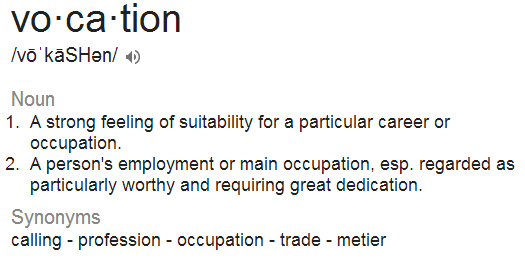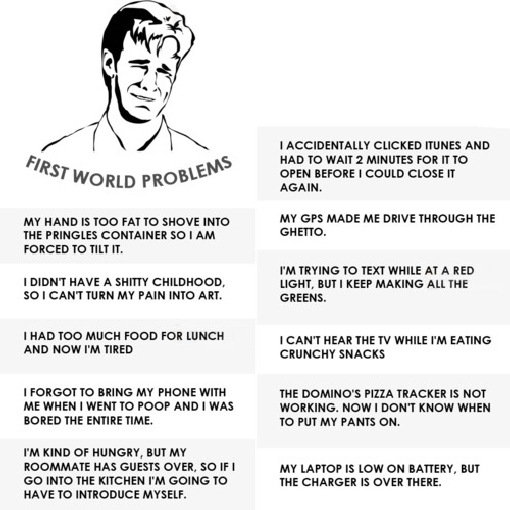The Incredibles and Vocation
My kids have been flitting through some of the Disney Pixar movies. Cars (2006) has always been a favorite, but The Incredibles (2004) has been making its rounds in our home as of late. Me being me, I can’t help but watch and think: The Incredibles is a great story to demonstrate vocational calling.
IMDB offers a basic plot summary:
With three kids to care for, Elastigirl embraces her life as Helen Parr. Her husband Bob, however, is miserable. He goes through the motions of a job he hates because of his love for his family, but doing so is killing his spirit.
In the movie itself as well as on film review sites like IMDB and Fandango, Mr. Incredible’s passion and desire for heroism is dismissed as nostalgia, reminiscing about the “good ole days.”
It’s so much more than that, though.
Look at Mr. Incredible while he’s suppressing his true self:

When he talks about his “glory days,” his eyes light up and the energy returns to his whole being. After years of sneaking around and finding ways to clandestinely help people, Mr. Incredible responds to a cryptic invitation to secretly resume his superhero ways and fight bad guys.
 The change in his whole being is evident: physically, emotionally, mentally, and I’d venture to say even spiritually. Instead of withdrawing into his mancave of memories, Mr. Incredible starts flirting with his wife and being more present to his family.
The change in his whole being is evident: physically, emotionally, mentally, and I’d venture to say even spiritually. Instead of withdrawing into his mancave of memories, Mr. Incredible starts flirting with his wife and being more present to his family.
Plot twists abound, but suffice it to say the “happily ever after” of this Disney flick involves the whole Incredible family living out their vocation as superheros.
Vocational Calling
Calling a person’s job or career a vocation indicates something specific. Google the definition of vocation and you can see certain words pop out:
The focus isn’t so much on the job itself as the sense of calling described as a strong feeling of suitability. While Christian tradition will always insist that a person’s worth, value, and dignity are never limited to the function of his or her job, there is a deeper understanding that our passion, gifts, and talents are at the very core of our being. This is how God created us; it is who God created us to be. It is God who gives us this vocational calling.
Following our passions and using our gifts and talents (for good, not evil) gives greater glory to God. And the rewards of living out one’s vocation abundantly flow to everyone in our lives: spouse, family, friends, co-workers… every person you encounter on your path.
Not doing this–not following one’s vocational calling and suppressing who you are called to be–takes its toll in more ways than one.
Watching The Incredibles is a fun way to visit this dynamic, especially the transformation that happens when a person can (finally) live out their vocation. But the real challenge–and rewards–come in actually doing it.
- Do you know someone who is living out their vocational calling? Or do you know of a Mr. Incredible in your own life that desperately needs to do so? What piece of this speaks to where you are with your own vocation?
Incredible Bokeh by JD Hancock licensed under CC BY 2.0






